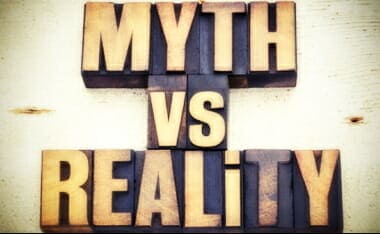See Also: “Why Capitalism Works“
Capitalism, the exchange of markets did this:
- Since Deng Xiaoping began instituting market reforms in the late 1970s, China has been among the most rapidly growing economies in the world, regularly exceeding 10 percent GDP growth annually. This growth has led to a substantial increase in real living standards and a marked decline in poverty. Between 1981 and 2008, the proportion of China’s population living on less than $1.25/day is estimated to have fallen from 85% to 13.1%, meaning that roughly 600 million people were taken out of poverty.
Wealth and Wealth Creation IS NOT a zero sum game!
There are three kinds of games: win-lose, lose-lose, and win-win. Win-lose games, like basketball, are sometimes called “zero-sum games.” When the Celtics and the Bulls compete, if the Celtics are up, then the Bulls are down, and vice versa. The scales balance. It’s a zero-sum.
Besides lose-lose games, which most of us avoid, there are positive-sum or win-win games. In these games, some players may end up better off than others, but everyone ends up at least the same if not better off than they were at the beginning.
Millions of people think that free trade is a dog-eat-dog competition, where winners always create losers. This is the zero-sum game myth, which leads many to think that the government should somehow redistribute wealth. While some competition is a part of any economy, of course, an exchange that is free on both sides, in which no one is forced or tricked into participating, is a win-win game. When I pay my barber $18 for a haircut, I value the haircut more than the $18. My barber values the $18 more than the time and effort it took her to cut my hair. We’re both better off. Win-win….
…This leads nicely into the third point: wealth is not a zero sum game. This is economist jargon meaning everyone can win. Look again at the chart Gary Burtless put together. You will note that all segments of American society saw their incomes rise except the top one percent. If we had the data to do the chart again through 2014, we would see that everybody had higher incomes than fifteen years ago.
And this win-win idea is not just in terms of income. In a capitalist society, people get rich by making somebody else better off. J. K. Rowling became one of the richest women in the world by writing the Harry Potter series of books. All the people who bought the books believed that the books were worth more than the sale price otherwise they would not have bought it. Thus, J.K. Rowling wins and all her readers win. Both sides of a voluntary transaction are made better off. As long as government coercion is not involved, when you see someone getting rich, you know a lot of people are being made happy….
